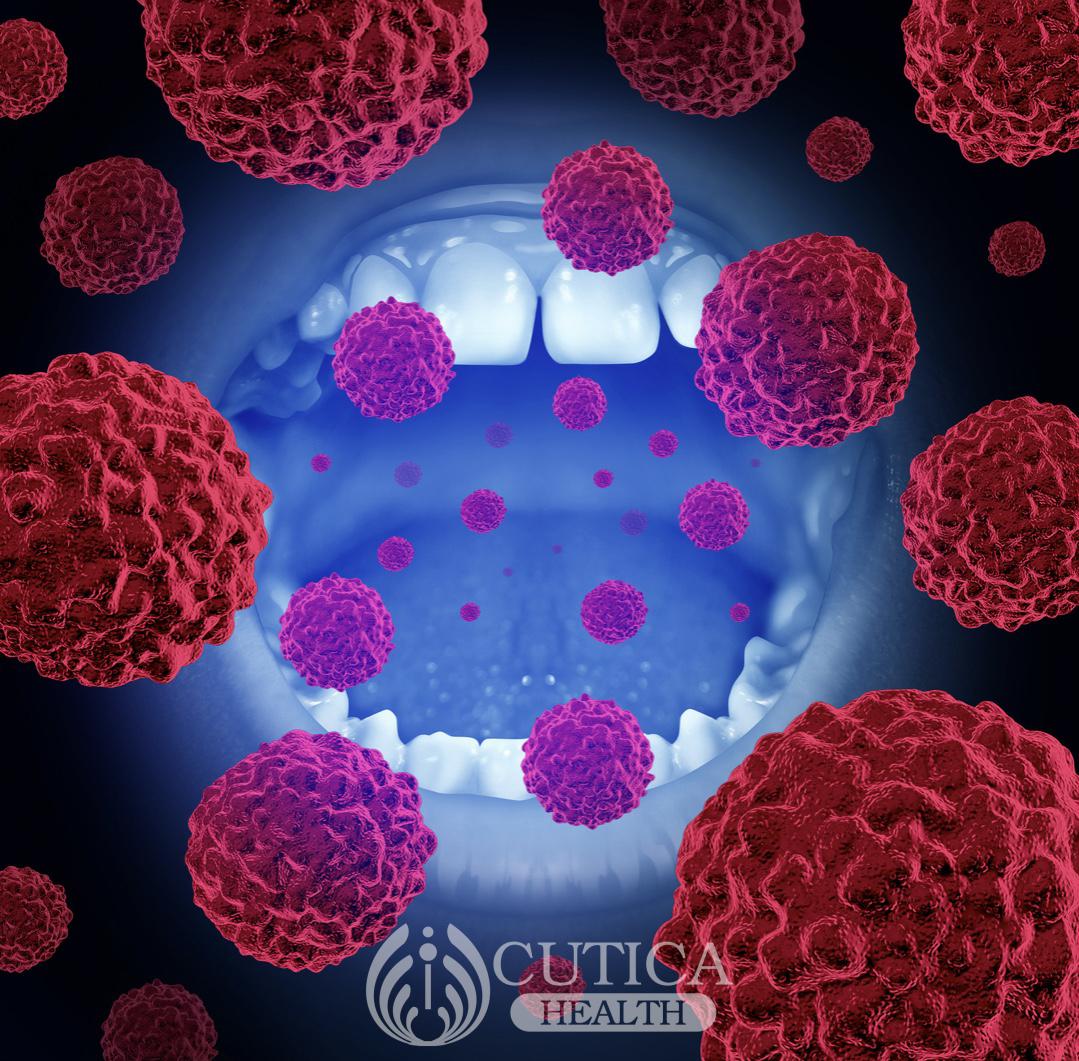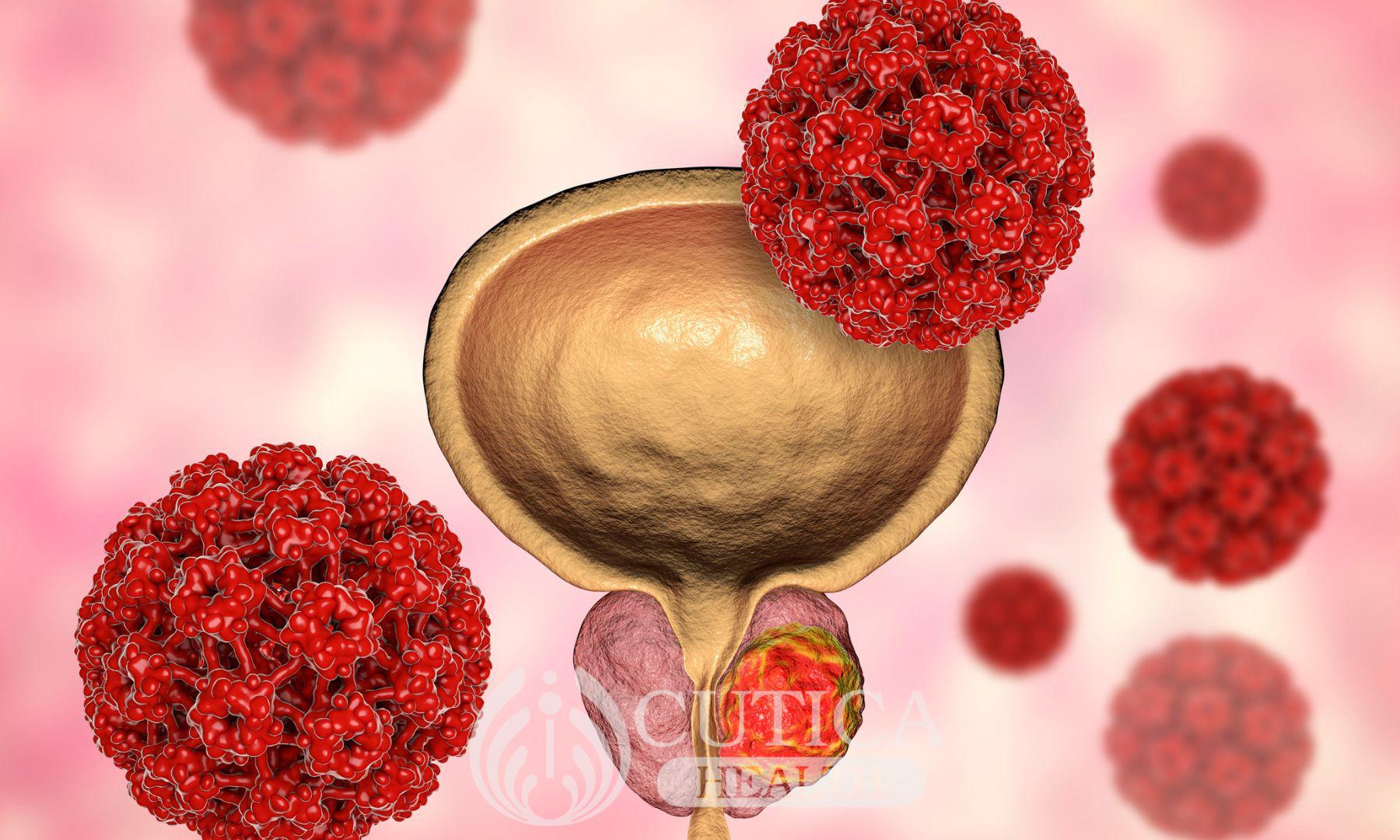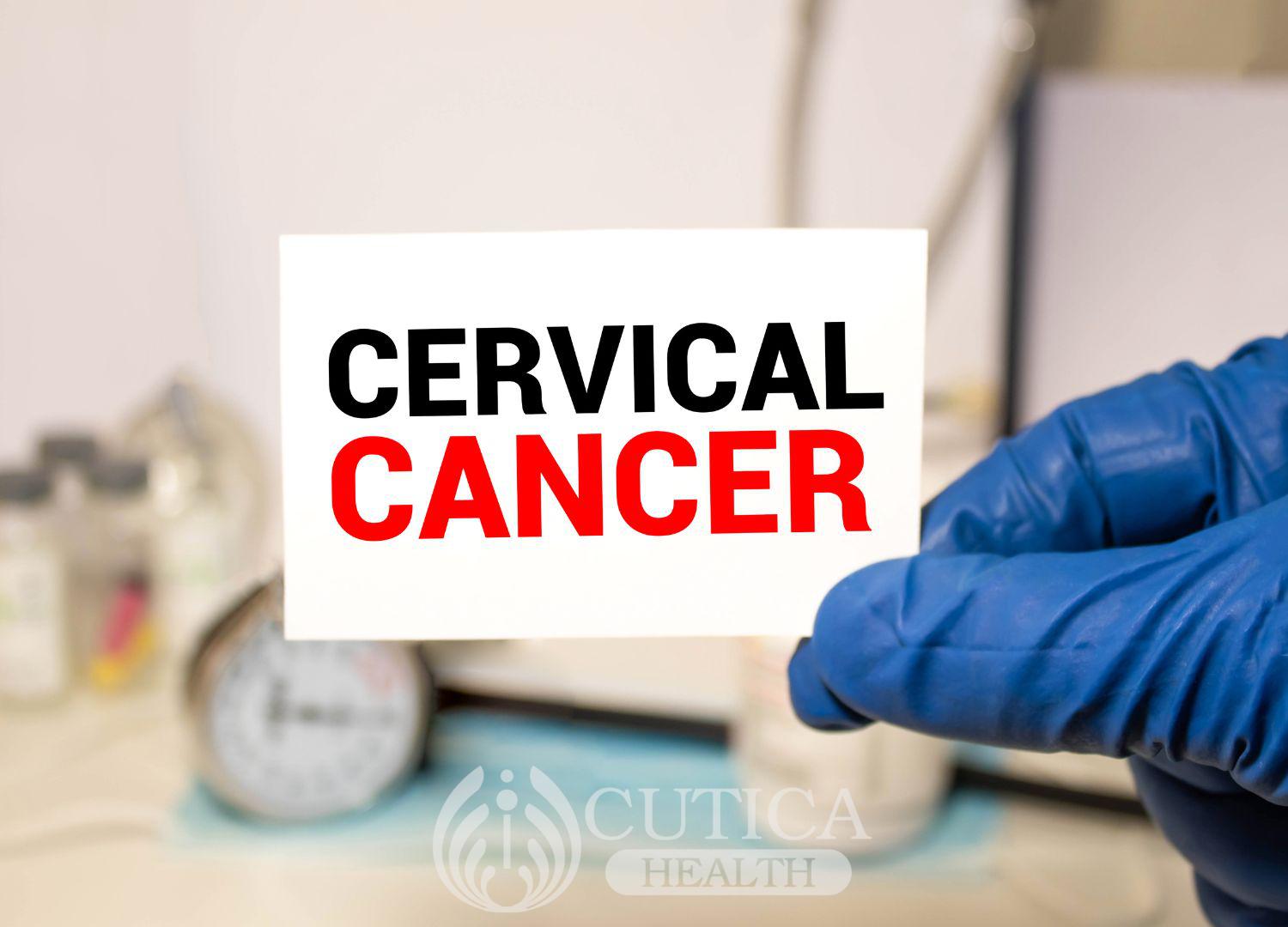
Oral cancers are cancers affecting any part of the mouth, including the lips, tongue, cheeks, the floor of the mouth, sinuses, pharynx, and the palates. It often starts as the “common” oral sores, and then the sores persist and expand, and begin to cause complications. These cancers form the sixth commonest group of cancers globally, with devastating consequences and resultant poor post-treatment quality of life. 
Unfortunately, as with several known cancers, the cause of oral cancers is unknown, but there are common lifestyle habits of ours that are risk factors of this kind of cancer. They include:
Tobacco, smoking and chewing
This long-known enemy yet accommodated by many remains a major risk factor for oral cancer. Tobacco smoking and chewing are addictive habits caused by the addictive ingredient, nicotine. However, tobacco contains other harmful substances collectively called carcinogens, which slowly turns the normal tissue and cells in the mouth to cancerous ones.
Alcohol consumption
Alcohol drinkers are up to six times more likely to get oral cancers. Alcohol consumption and smoking cigarette doubles this risk. Alcohol contains and is broken down to several harmful substances that could damage the tissues and cells of the mouth over time.
Poor diet and nutrition
We are indeed what we eat. The age-long advice to take lots of fruits and vegetables remains valid. While certain foods are protective against oral cancer, such as vitamin A, the consumption of processed meat, high-sodium can foods, salted meat and food rich in bad fat are risk factors for oral cancer.
The effects of changing from the healthy traditional African diet to less healthy Western options continue to ravage the health of our communities like a plague. The plague leaves in its trail undesired health implications, including oral cancer.

Viruses
Viruses also play a major role in the development of oral cancer. Some of the common viruses that play a role in the development of oral cancers include Epstein-Barr virus, human papillomavirus and herpes simplex virus. The Human Papillomavirus is transmitted through oral sex, and is also the main cause of cancer of the cervix in women.
Immunosuppression
Diseases that suppress one’s immune system increase their risk of oral cancers. Examples of this include HIV/AIDs and kidney failure. These diseases make other risk factors more potent, making the mouth more vulnerable to cancer-causing substances.
Genetic/familial predisposition
As with several other cancers, oral cancers risk increases if there is a family history of it. In this situation, there is a genetic defect that causes normal tissue and cells in the mouth to transform into cancerous tissues.

Oral cancers are cancers affecting any part of the mouth. They often start as oral sores, then progress to more severe symptoms. If caught early, oral cancer is treatable; however, many patients report when it is already too advanced to treat. Therefore, to lower your risk of this deadly cancer, watch out for these risk factors and avoid them.












